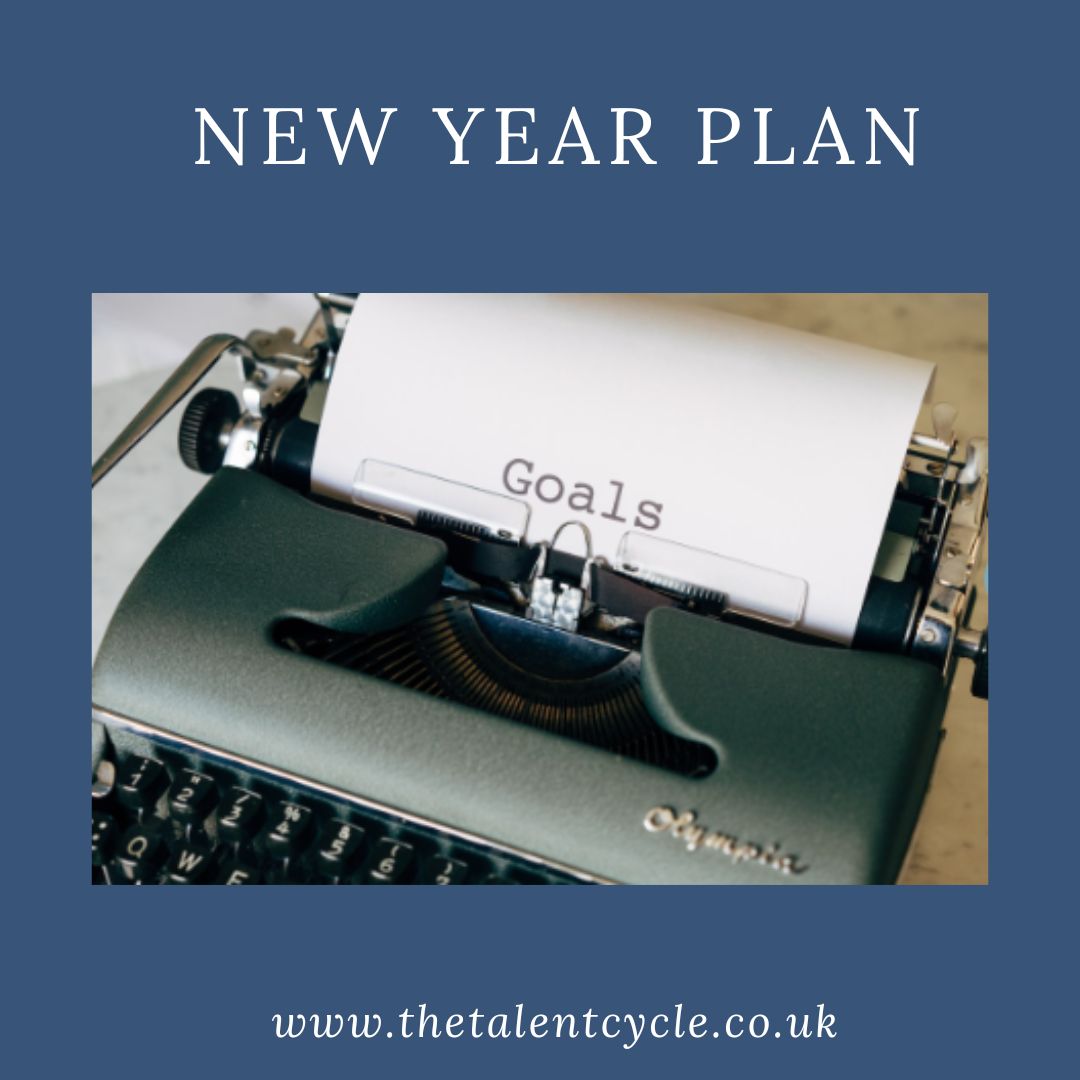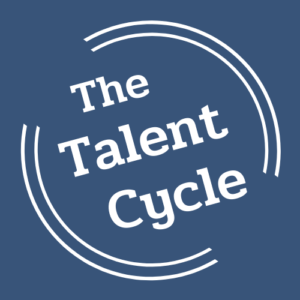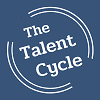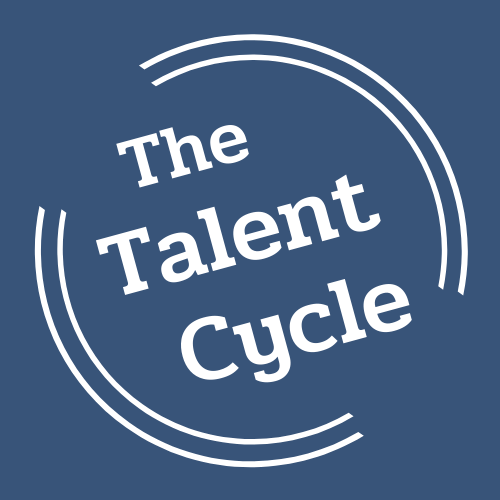
So here we are again, half way through January with the dreaded ‘Blue Monday’ looming. For lots of us, the new year starts full of promise, with ideas of all that you will achieve this year and the amazing success we will have (don’t know what success looks like to you? Don’t forget my blog post on Success criteria). But it’s not too long before those ideas feel like they’re crumbling around you. Not only did you not just eat salad a drop a dress size in the first week (those left over Quality Street were just too tempting), work has taken over and before you know it, your ideas of moving forward with your career have disappeared and that life ‘juggle’ has taken over.
Often we fail with our plans as we have vague ideas rather than smart goals. This is the process I use for both myself and with my clients, to plan for the year ahead and achieve career dreams.
Define your Priorities
What is your focus this year? Take time to list out your priorities (and research shows doing this with physical pen and paper means we’re more likely to commit to it). Pick three to five top priorities which you want to focus on. If you’re not sure, working on this with a coach can be beneficial and one of the activities I often carry out with clients is to look at a ‘wheel of life’ which helps define different categories of a person’s life, how well things are going in each and where the focus needs to be. Our careers are not separate entities, it’s important to take a holistic approach to career planning and define all your priorities for your life this year.
Fill in Your Schedule
Look at a yearly calendar. What essential commitments have you already made? What important holidays, birthdays, and events do you need to plan around?
Once you have the major events penned in, you will have a better idea of what kinds of projects and goals for the year will be realistic.
Set Goals
Now that you know what time you have, you can re-evaluate your priorities. This might mean you need to focus on fewer than you thought or perhaps you have a larger scale priority which needs to be broken down into smaller ‘chunks’. Often when I work with clients I talk about whether you’re starting out in your first career, or looking to make changes to an established one, the fact is that it will be a journey. So you need to plan the steps of that journey in detail, to help you move forward and feel that momentum as you do.
And those steps need to be translated into goals. First of all, what’s the “Why” behind your goals? Why do you want to accomplish those goals you set? How are they going to impact your life? How will you feel when it’s done? Next, make sure your goals are “Smart.” Specific, Measurable, Attainable, Relevant (or Realistic), Time-bound.
Establish Good Habits
When it comes to achieving goals, a good habit will help you along the way so ‘life’ doesn’t take over and de-rail you. One of my goals this year is to do with finally writing that Careers Planner I’ve been talking about for years. To help me achieve this I have allocated some set time for working on it each week. In order to protect that time which is early in the morning on a set day, I have set about establishing good habits like clearing my desk of other work the night before so I don’t get distracted when I first sit down in the morning and waste part of that time.
Reality Check
If you goals are too ambitious you may get overwhelmed and not even try. However, too small and you might wonder why bother? A goal that is stretching, is the best of both worlds.
And don’t forget these goals are not set in stone. Maybe a way in you discover that what you planned isn’t going to work for you because your interests have changed, or life has thrown you a curve ball. Reviewing (regularly) and adapting your goals is all part of the process. It is not the same as failure, or drifting. This is all about taking a considered and planned approach and what better way to prepare yourself for an agile career as to be open to swerves and changes in direction on your own agile career journey.
Failing is good
But on the topic of failing, if you don’t manage to achieve your goals then don’t beat yourself up over that. Review what went wrong and go from there. Maybe you were too ambitious with your time, then plan better next time. Perhaps you didn’t have the skills you needed, what a brilliant excuse for some more learning! Whatever happens, you can adapt and adjust but above all else, don’t just give up.








Leave A Comment